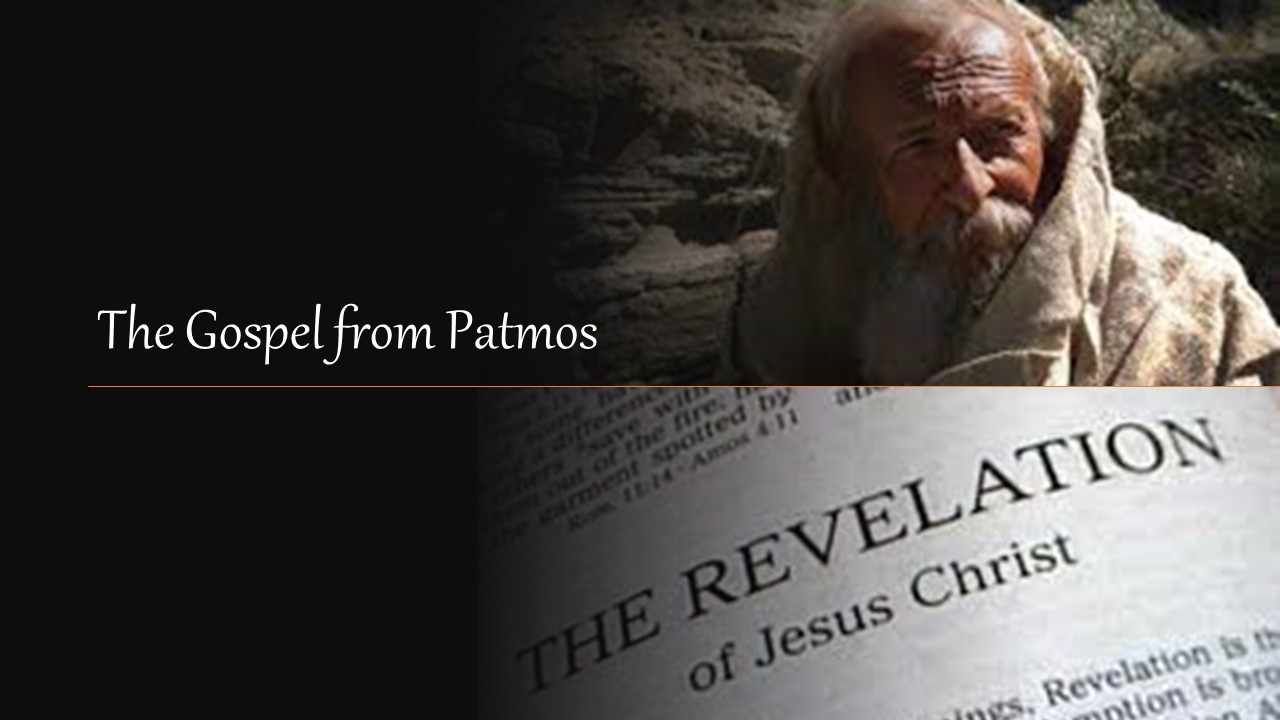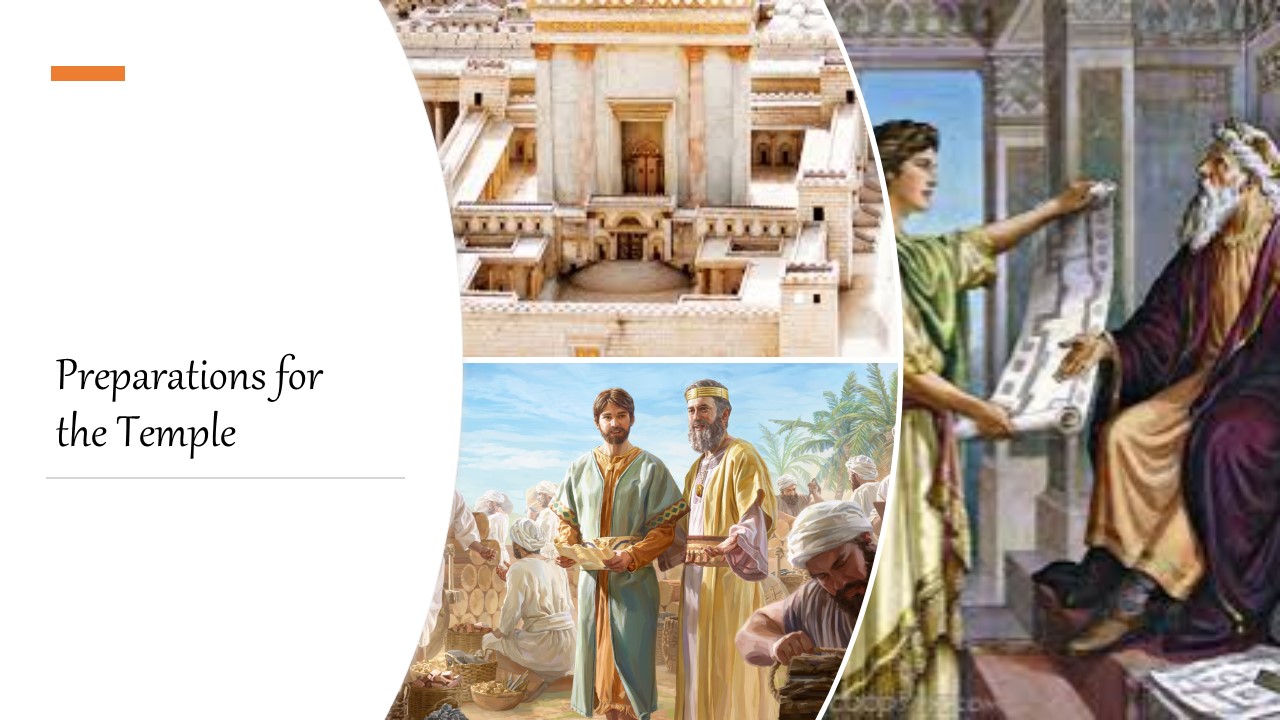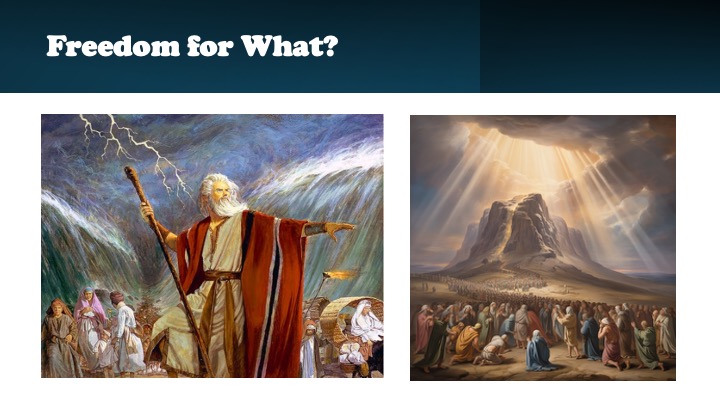The Parable of the Ten Virgins (Matthew 25:1-13) is a critical piece of Jesus’ final prophetic teaching on the Mount of Olives, designed to warn His followers about readiness, accountability, and the danger of delay in anticipation of His Second Coming. The ten women, all members of the wedding party who expect the Bridegroom's return, are evenly divided into the wise and the foolish. The difference between them is stark and immediate: all fall asleep during the expected delay, but only the five wise virgins bring extra oil—the essential, non-negotiable reserve needed to sustain the light. This narrative challenges the assumption that mere proximity to faith or outward religious activity equals true spiritual preparation, underscoring that readiness is found in anticipation, not assumption.
The climax of the parable, the "midnight cry," forces a confrontation between the prepared and the unprepared. When the foolish virgins realize their lamps are going out, they desperately ask to borrow oil, but the wise correctly refuse, illustrating a profound spiritual truth: personal spiritual reserves cannot be transferred. The oil symbolizes the Holy Spirit or a deep, private relationship with God—an intimacy and readiness that must be cultivated individually. This sober reality serves as a powerful rebuke to any who rely on the faith of their community (pastors, parents, or spouses) while neglecting their own personal walk with Christ. In the final, most haunting sequence, the foolish virgins return to find the door shut and hear the Bridegroom’s devastating reply: "Truly I tell you, I don’t know you."
Ultimately, the parable is a profound call to active watchfulness and perpetual humility in the face of an unpredictable return. Jesus' command to "Watch therefore, for you know neither the day nor the hour," is not meant to instill paralyzing fear but urgent, love-driven attentiveness. It teaches that the delay of the Bridegroom is intentional, designed to test the endurance of our faith. To keep oil in our lamps means consistently practicing daily devotion, maintaining moral integrity, and guarding against spiritual complacency. This necessary inner preparation ensures that when the final call rings out, we are not found among those who are refused entry, but among the Bridegroom’s people who are ready to welcome Him with unextinguished, joyful light.

The Revelation of Jesus Christ was given to John by God “to show his servants what must soon take place.” (Revelation 1:1). This book...

The preparations made by David for the construction of the temple in 1 Chronicles point to the significance of worship and the longing for...

After four hundred years of slavery in Egypt, the Israelites emerged from the Red Sea as a liberated people who possessed the "muscle memory...